Introduction
Wear-resistant coatings are essential in various industries where machinery faces extreme conditions. From mining to manufacturing, equipment is subject to constant wear and tear, which can lead to costly repairs, downtime, and shortened equipment life. Fortunately, wear-resistant coatings offer a protective solution that extends the lifespan of machinery and reduces maintenance costs.
These coatings are designed to provide a durable barrier against abrasive wear, impact, and even chemical erosion, making them ideal for industries that rely on heavy-duty equipment. In this article, we’ll explore the different types of wear-resistant coatings, their applications, and how to choose the right one for your needs.
What is a Wear Resistant Coating?
Wear-resistant coatings are protective layers applied to equipment or components to guard against the effects of abrasion, erosion, impact, and other forms of wear. They are designed to extend the service life of machinery by reducing surface damage caused by friction or contact with abrasive materials.
There are several types of wear-resistant coatings, including:
- Epoxy Coatings: These are versatile and provide excellent protection in both dry and wet environments.
- Ceramic Coatings: Known for their extreme hardness, ceramic coatings are ideal for applications requiring resistance to high temperatures and wear.
- Urethane Coatings: These coatings are flexible and provide impact resistance, making them ideal for surfaces that experience both wear and impact.
Each type of coating has unique characteristics, and the choice depends on the environment in which the equipment operates. Whether it's protecting against heat, abrasion, or chemical exposure, wear-resistant coatings serve as the first line of defense in industrial settings.
Benefits of Wear Resistant Coatings
Investing in wear-resistant coatings offers a range of benefits for companies that rely on heavy machinery and equipment:
1. Increase Equipment Uptime
Wear-resistant coatings minimize the frequency of repairs and maintenance, which translates to increased operational uptime. By reducing the wear on critical components, companies can ensure that their machinery runs more consistently without interruptions due to breakdowns or parts failure.
2. Extend Equipment Life
Machinery in industries such as mining, manufacturing, and power generation often faces extreme conditions. Without adequate protection, critical components can wear down quickly, shortening their lifespan. Wear-resistant coatings provide a durable layer that prevents surface degradation, ultimately extending the life of expensive equipment.
3. Lower Maintenance Costs
Frequent equipment repairs or part replacements can significantly increase operational costs. By applying wear-resistant coatings, companies can reduce the need for constant repairs, leading to long-term cost savings. Fewer replacements also mean less downtime, ensuring that operations remain efficient.
4. Protect Against Harsh Environments
Some coatings are designed to withstand extreme heat, chemical exposure, or high levels of abrasion. In industries that operate under harsh conditions, such as mining or oil and gas, wear-resistant coatings provide critical protection that ensures machinery can continue functioning at peak performance, even in the most challenging environments.
Common Applications for Wear Resistant Coatings
Wear-resistant coatings are applied across various industries to protect equipment and reduce wear in high-stress environments. Here are some of the most common applications:
1. Conveyor Screws
Conveyor screws are frequently used in industries like mining and material processing to transport materials. Over time, the continuous movement of abrasive materials can wear down the flights of the screws. Wear-resistant coatings, such as Devcon Wear Guard High Load, can double the lifespan of these components, reducing the frequency of replacements and downtime.
2. Chutes and Drain Faces
Chutes in processing plants are often subject to heavy wear from the materials being transported. Applying wear-resistant coatings to these surfaces can prevent erosion and extend the time between repairs. Devcon Wear Guard High Load has been successfully applied to drain faces to protect tiles and plates from damage, helping facilities maintain efficient operations.
3. Pipes and Elbows
Pipes in industrial plants can suffer from both abrasive wear and chemical erosion, particularly at bends and elbows where materials may accumulate. Wear-resistant coatings, such as Devcon Wear Guard Fine Load, provide an excellent solution to protect these vulnerable areas. By applying these coatings, companies can prevent costly repairs and replacements caused by dry abrasion and oxidation.
4. Vertical Roller Mills
Vertical roller mills are used in heavy industries for grinding and processing materials, and they can experience wear in multiple areas. Wear-resistant coatings provide a quick and effective solution for repairing damaged areas and ensuring that the mill operates smoothly. Devcon Wear Guard High Load is particularly useful for coating damaged chutes and roller mill components, extending the service life of these vital machines.
How to Apply Wear Resistant Coatings
Applying wear-resistant coatings involves several important steps to ensure the best results and maximum protection for your equipment:
1. Surface Preparation
The first step in applying any wear-resistant coating is proper surface preparation. This typically involves cleaning the surface to "white metal" standards to remove any contaminants, oils, or corrosion. Proper surface prep ensures that the coating adheres effectively and provides long-lasting protection.
2. Mixing
Once the surface is prepared, the coating must be mixed to a uniform consistency. Many wear-resistant coatings come in two-part systems that require thorough mixing. Using a power mixer can make this step easier and ensure the product is uniformly mixed, ready for application.
3. Application
Wear-resistant coatings can be applied by hand, brush, or trowel, depending on the type of coating and the surface being protected. Some products, like Devcon Wear Guard 300RTC, allow for smooth application in both dry and wet environments. For best results, smooth the surface with acetone or water as needed.
4. Curing
After application, most coatings require time to cure before the equipment can return to service. Curing times vary depending on the product and environmental conditions. Follow the manufacturer’s guidelines for optimal performance.
Choosing the Right Wear Resistant Coating
Selecting the appropriate wear-resistant coating depends on several factors, including the type of wear the equipment faces, environmental conditions, and the specific industry application. Here's a comparison of some of the most popular options:
- Devcon Wear Guard High Load: Best for general abrasion resistance in both wet and dry environments.
- Devcon Wear Guard Fine Load: Ideal for fine particle applications like sand and dust.
- Devcon Wear Guard High Temp: Excellent for applications where high heat is a concern.
- Devcon Wear Guard 300RTC: A versatile option for both wet and dry environments, with room-temperature curing.
Each of these coatings offers unique advantages, so it’s essential to assess your equipment’s specific needs and operational environment before making a decision.
Case Studies: Real-World Success with Wear Resistant Coatings
1. Conveyor Screw Protection
One client operating in the mining industry was experiencing excessive wear on their conveyor screws, replacing them every six months. After applying Devcon Wear Guard Fine Load, the equipment life was extended to a full year, reducing replacement frequency and cutting downtime in half.
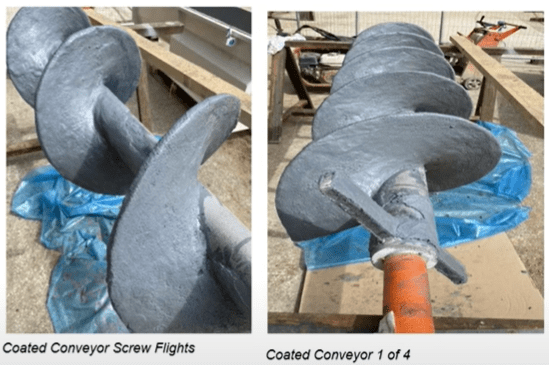
2. Drain Face in Processing Plant
A processing plant with a large chute leading to a drain face was facing severe wear on its tiles and plates. The application of Devcon Wear Guard High Load provided a durable solution, completing the repair in just one week and preventing further damage.
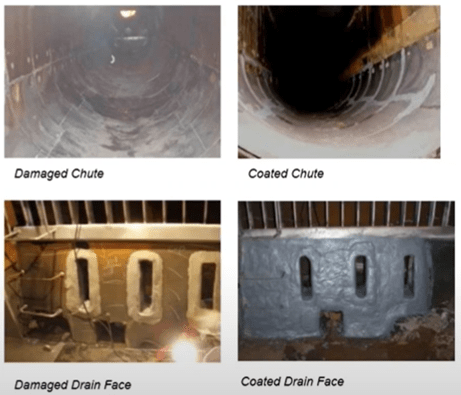
3. Pipe Elbow Protection
A pipe elbow in a manufacturing facility was showing signs of wear from dry abrasion. By applying a coating of Devcon Wear Guard Fine Load, the plant was able to mitigate the damage, extending the elbow’s service life and reducing maintenance costs.
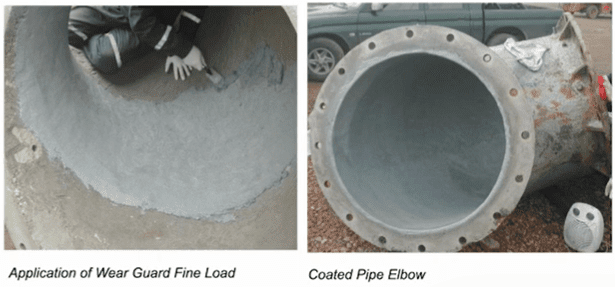
Conclusion
Wear-resistant coatings provide critical protection for industrial machinery, reducing wear and tear and extending the life of equipment in harsh environments. Whether you need protection from abrasion, impact, or high temperatures, selecting the right coating can make all the difference in maintaining operational efficiency and lowering costs.
For companies looking to protect their equipment, the Devcon Wear Guard family offers reliable and durable solutions. From conveyor screws to vertical roller mills, applying the right wear-resistant coating can enhance performance, minimize downtime, and ensure your machinery operates at its best.

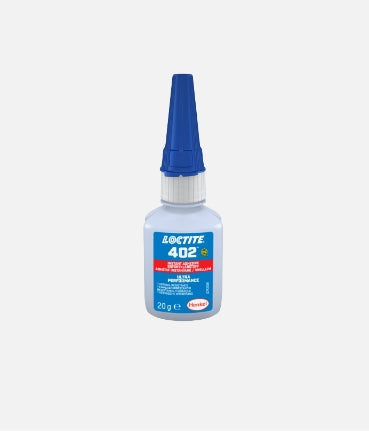
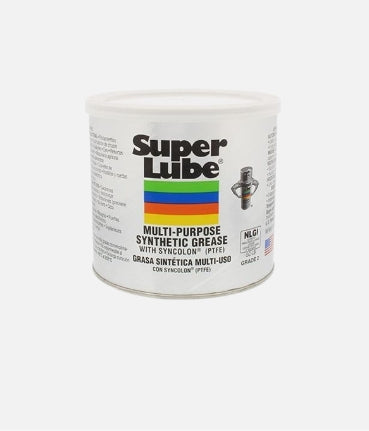
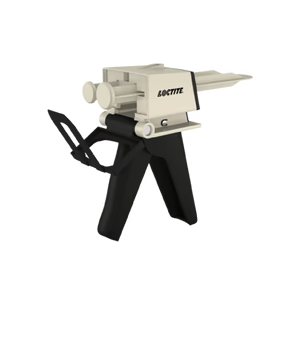
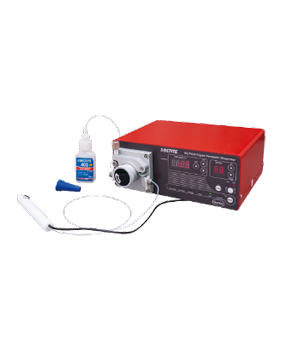
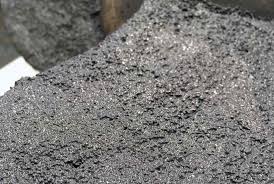
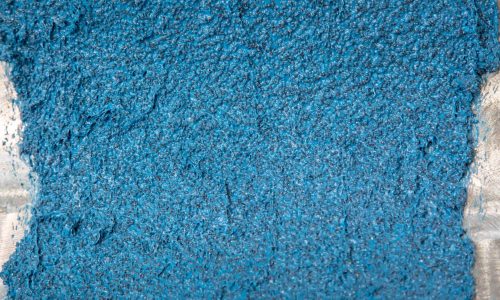

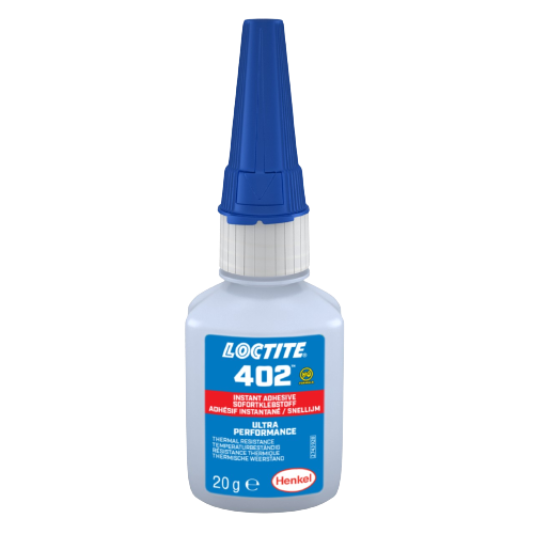
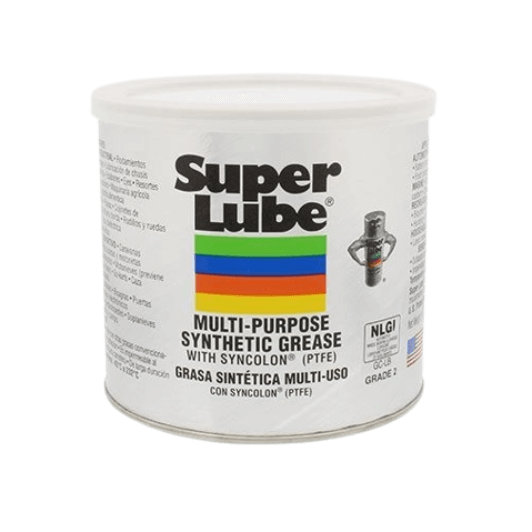
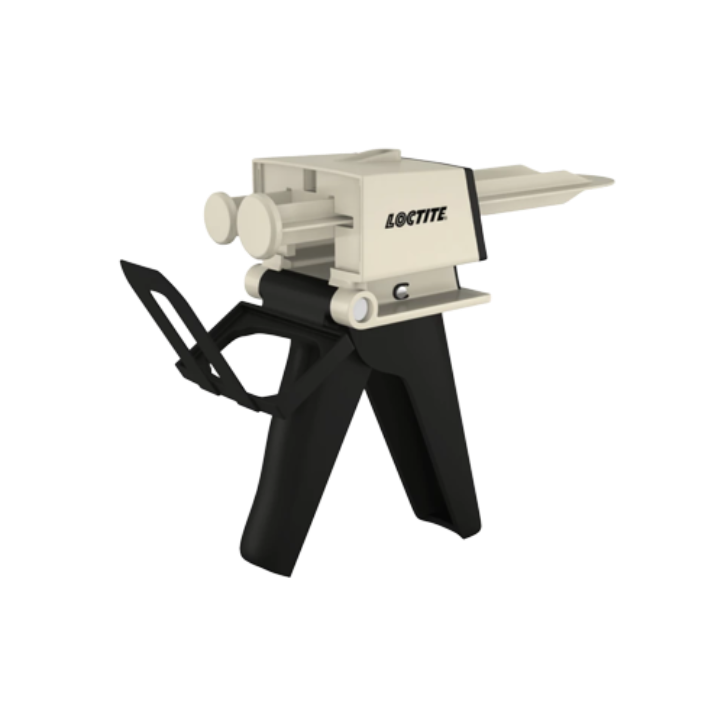
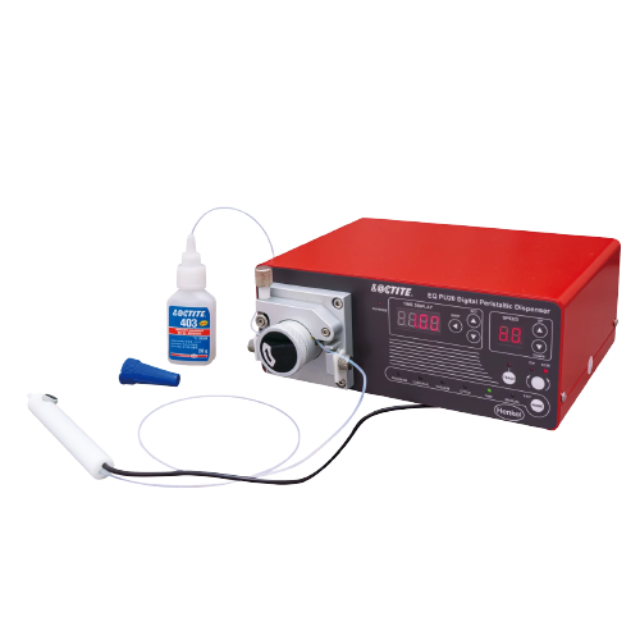
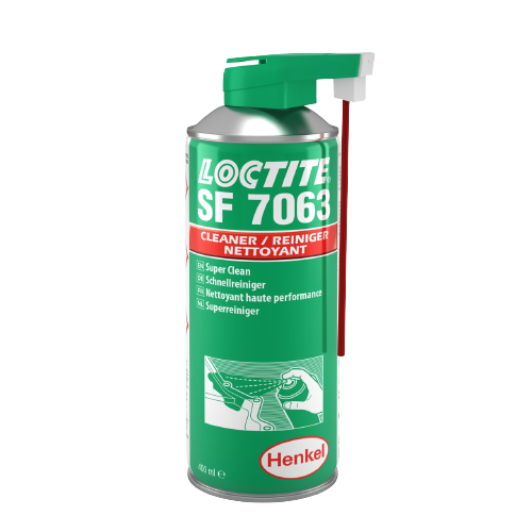
Leave a comment
All comments are moderated before being published.
This site is protected by reCAPTCHA and the Google Privacy Policy and Terms of Service apply.